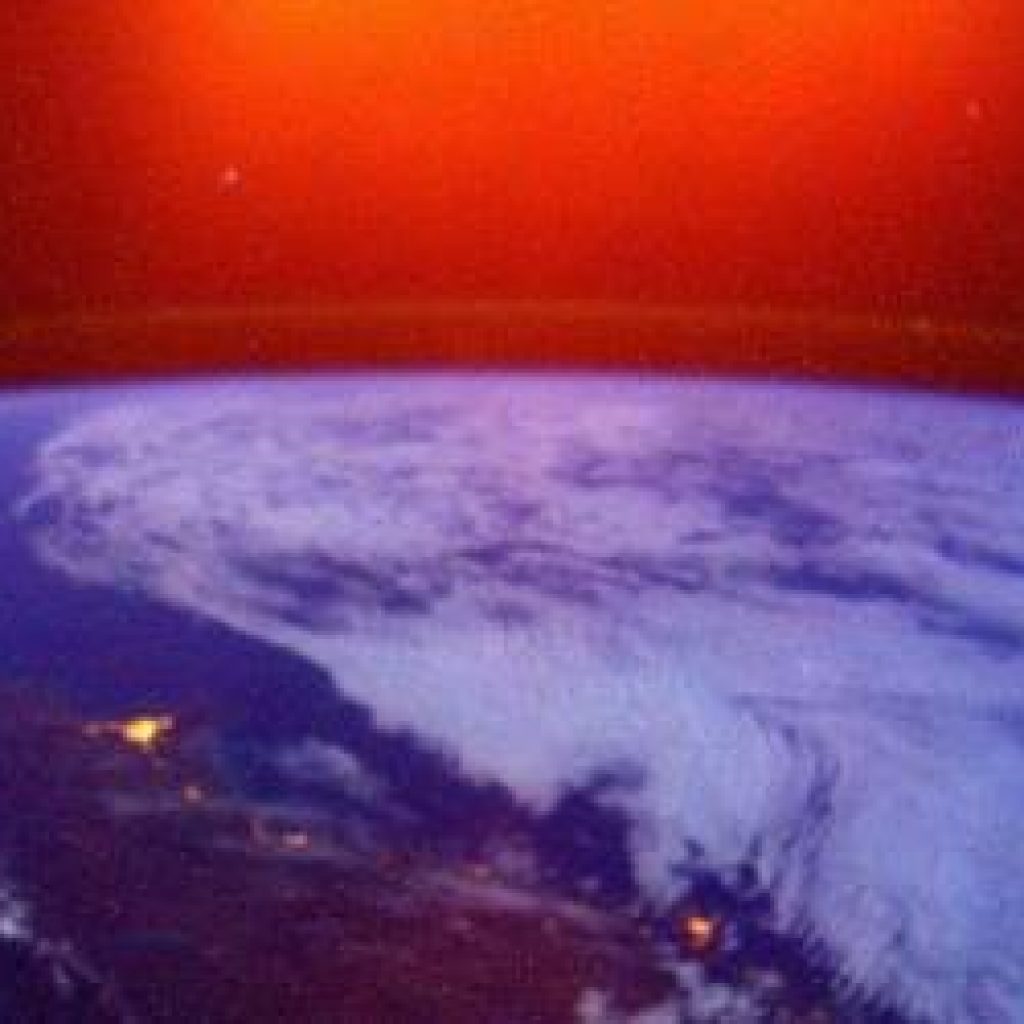(PhysicsWorld) A scalable and flexible system for the remote monitoring of quantum experiments in noisy and unpredictable environments has been created by researchers in the UK. Thomas Barrett and colleagues at the University of Sussex used the latest sensing, machine learning, and database technologies to create and maintain multiple quantum-related experiments involving ultracold atoms. Their approach could soon allow users to carry out, monitor, and diagnose problems in advanced quantum experiments in hard-to-access environments – including on satellites.
Alongside advances in quantum technology, improvements to electronics and database software have all led to increasingly robust, versatile, and modular systems for monitoring and manipulating experiments remotely. Using a combination of remote sensing, machine learning, and human input, these systems allow users to collect data on key experimental parameters, diagnose unexpected behaviours, and then actively mitigate problems before they occur.
In their study, Barrett’s team extended this technology to monitor a variety of parameters necessary for maintaining several ultracold atom experiments using a shared laser system. These parameters included temperature, vacuum chamber pressure, laser beam power and magnetic field strength.
Such capabilities are particularly crucial for maintaining quantum devices in harsh and inaccessible environments. This includes space-borne experiments on satellites and interplanetary probes. Since the system is both scalable and highly flexible, the team says it could also be extended to a diverse array of other applications. These include particle accelerators, sensor networks for monitoring glaciers, and remote teaching labs – which could even allow students to access quantum experiments remotely.
New system from U of Sussex could control quantum experiments in space
